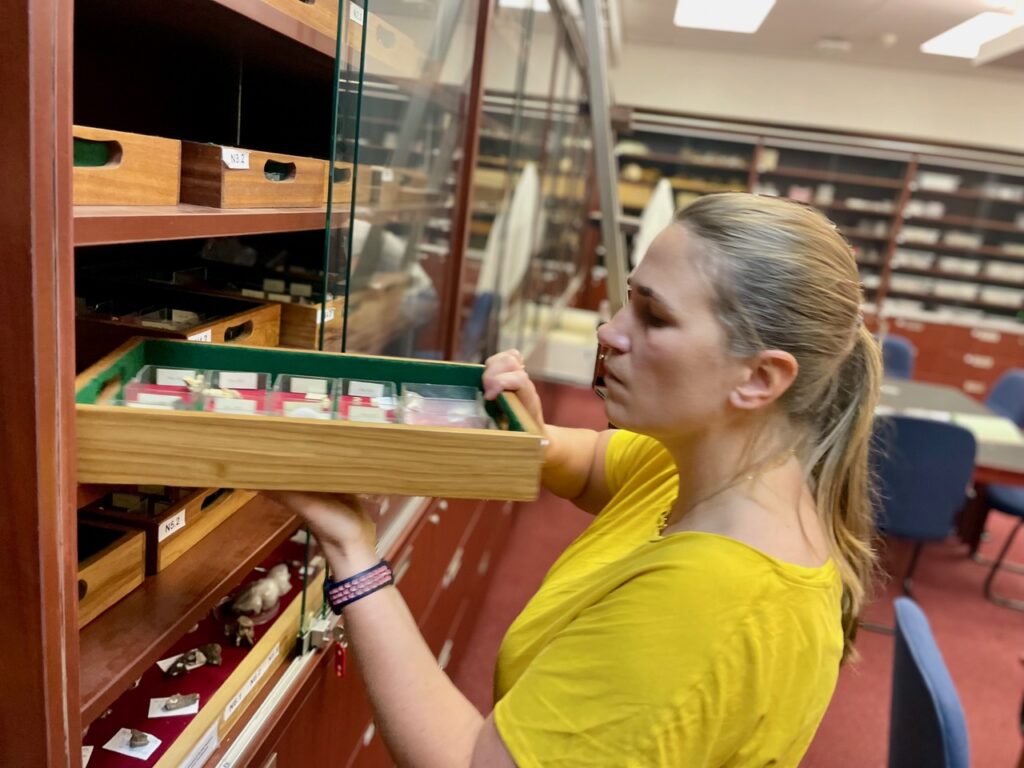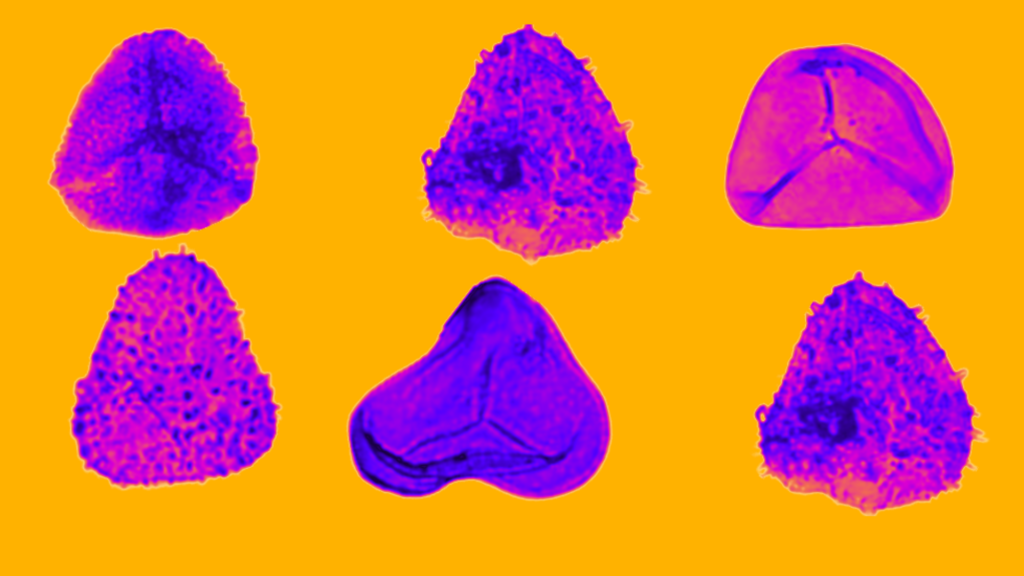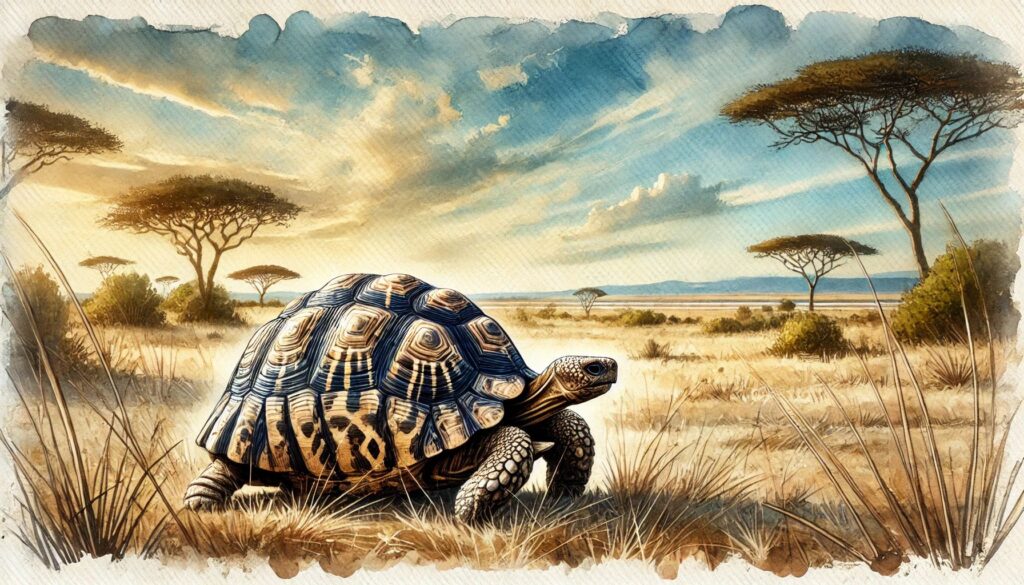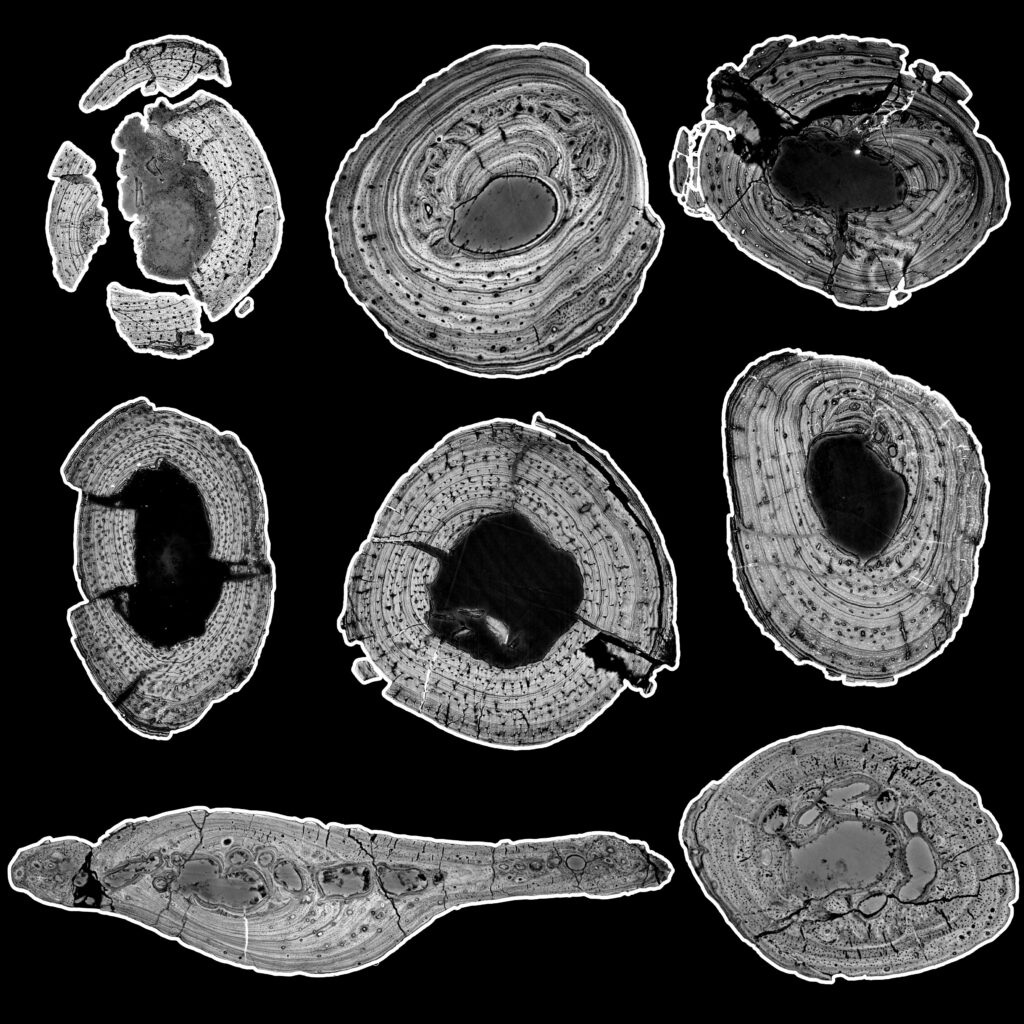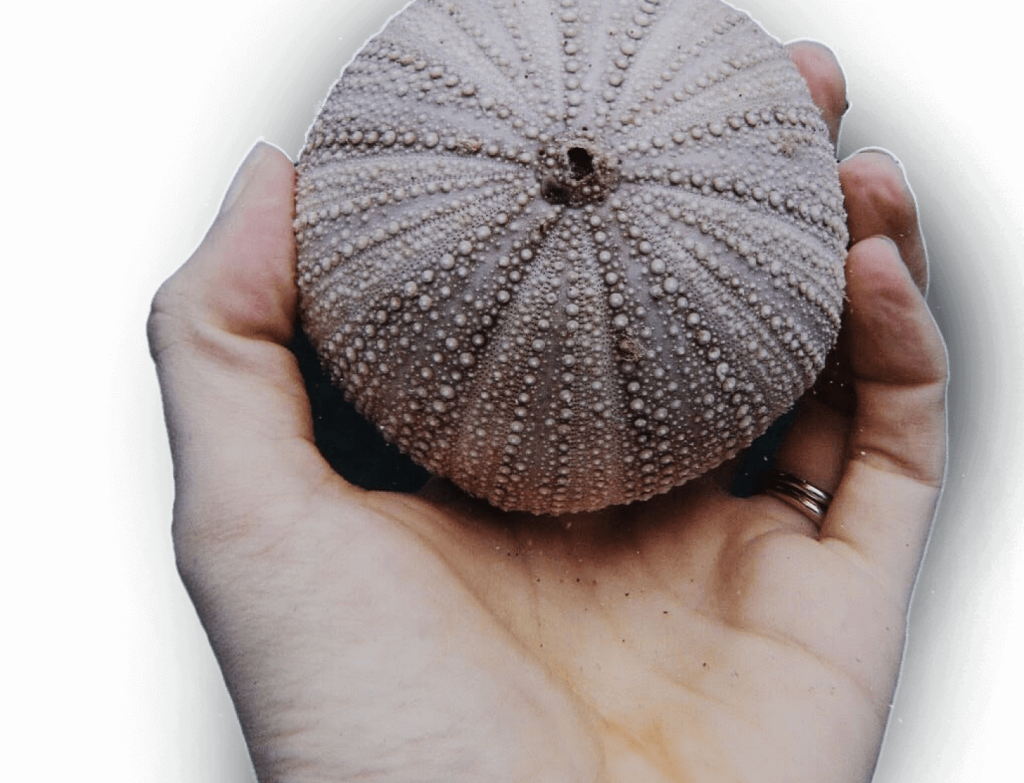HERI’s drive for diversity in the Palaeosciences
Diversity is important to the study of human evolution. The Human Evolution Research Institute (HERI) aims to drive inclusivity in Palaeosciences while supporting research excellence.

Small bites
- The Human Evolution Research Institute (HERI) is on the mission to conduct multidisciplinary Palaeosciences research through teams of scientists from diverse backgrounds.
- In 2020, HERI welcomed two PhD students to the institute, and through the ‘Advancing Womxn’ initiative, who are proud to represent women/ black women in Palaeosciences.
- The institute aims to provide a safe academic home for the new students to advance their careers.
HERI and the ‘Advancing Womxn’ initiative supports the advancement of womxn in academia
As a centre for human evolution studies, the Human Evolution Research Institute (HERI) sits within the geology and archaeology departments at the University of Cape Town (UCT). It is co-directed by two leading researchers from these departments, Dr Robyn Pickering and Professor Rebecca Ackermann.
Dr Pickering is a GENUS grantee and a National Research Foundation (NRF) P-rated geochemist. Under her and Ackermann’s directorship, HERI supports “the training and support of multidisciplinary teams that are diverse, inclusive and passionate.”
As part of this mission, the institute is dedicated to creating a welcoming atmosphere for everyone involved in the Palaeosciences. A particular focus for HERI, however, is attracting black Africans and especially womxn to the discipline. Indeed, HERI announced two new PhD students in 2020: Precious Chiwara-Maenzanise and Rivoningo Khosa. Welcomed to HERI as part of UCT’s Advancing Womxn initiative, these candidates brought with them proven records of academic excellence and a promising career trajectory.
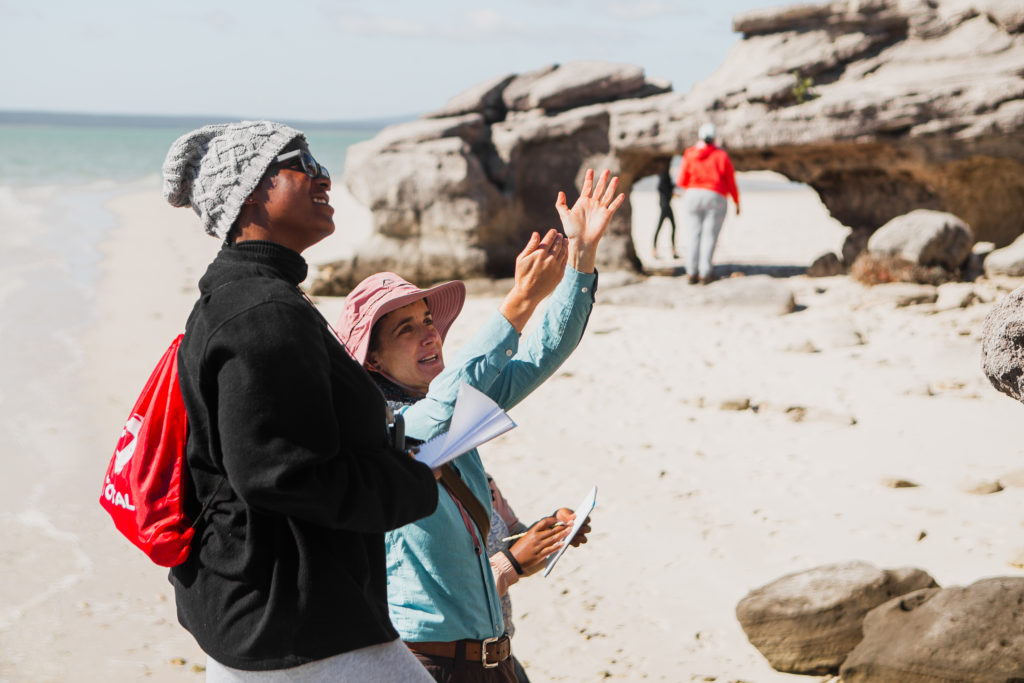
Khosa’s research is focused on using isotopes to reconstruct past fluvial processes of the Orange and Vaal Rivers. She embraces her roles both as a researcher and as one of just a handful of black women studying environmental isotopes.
Chiwara-Maenzanise is a Zimbabwean native and GENUS grantee, whose research is conducted in the Kalahari basin. Her work focuses on the transmission of social knowledge through lithic technology. She is driven not just to contribute to the work coming from UCT’s prestigious Department of Archaeology, but also by her role in empowering the next generation of black women in Palaeosciences.
HERI and the Advancing Womxn’s initiative acknowledges the notion that, historically, womxn or womxn’s advancement in many fields of study has been hindered, leading to the underrepresentation of womxn in academia. As part of their transformation agenda, HERI proudly supports the addition of the two new fellows.
Taken together, HERI and the Advancing Womxn initiative are making great strides in helping young, promising talent find an academic home where, according to Dr Pickering, “they can thrive as researchers and do excellent science.”
The institution sees a robust Palaeoscience community as one which attracts a wide variety of talents from various backgrounds, committed to answering the questions of our shared evolutionary history, a viewpoint also shared by GENUS.

